Thousands of Californians have lost their homes and livelihoods to an ongoing inferno. I write this while tracking the flames approaching my property. For many of us, the fires are both a natural disaster and a deathly reminder of the catastrophic consequences of government incompetence. A government that has promised to protect and serve us has proven itself to be woefully unprepared and grossly inept in the face of crisis. Amidst the Californian ashes, anger and frustration are growing.
The consequences of the Los Angeles fires are not entirely shocking. They serve as a grim confirmation of a long-standing trend. For nearly a decade, California has been trotting down a path of self-destruction, rejecting all affinity for competence in favor of ideological dogma. The results are catastrophic: planes crashing, industries faltering, many lives being ruined. It’s a scenario eerily reminiscent of the dystopian world depicted in Ayn Rand’s Atlas Shrugged. It’s a book Californians love to dismiss as an unrealistic tale while they ironically live through a real-life adaption of its darkest and most violent scenes. A society in decline, crippled by the weight of its incompetence and beset on all sides by the consequences of its folly.
Rather than acknowledging the complex, nuanced issues that have led to the destruction, it’s easier for our leaders to blame “climate change.” This convenient scapegoat allows Democrats to shift blame onto Republicans to absolve themselves of responsibility. Climate change is a pressing issue, yet it doesn’t explain away California’s problems. California’s state leaders no doubt hope to avoid accountability by portraying themselves as victims of circumstance (again taking a page from Rand’s villains). This storyline is dishonest at best and evil at worst. Empty fire hydrants, crumbling infrastructure, uncleared bush and rampant poverty cannot be attributed to global warming.
Californians should be angry because much of this was preventable. The root of the problem lies in our apathy towards local and state politics, which long ago devolved into a spectacle of emotional theatrics. Our self-congratulatory virtue-signaling created a smokescreen for corruption to flourish. Now, even the most basic infrastructure, like LA’s fire hydrants and reservoirs, lie dormant and dry. Petitions are being collected for LA’s mayor, Karen Bass, to resign. Bass’s deputy, Brian K. Williams, is currently under FBI investigation. It’s a toss-up as to whether the FBI or the politician is the more nefarious actor in such a story, but it raises a disturbing question: what happened to California?
This quintessential liberal haven has long been a bastion of progressive ideals. For decades, the Golden State has championed the glamour of Hollywood and the innovation of Silicon Valley, attracting some of the most influential Democratic donors who embody the state’s ethos of feigned guilt-ridden luxury and liberalism. Its governors, often charismatic figures with a flair for the dramatic, have ranged from boyband-esque politicians to, quite literally, a former bodybuilder — ironically, perhaps the most effective of the bunch. California embodies a particular brand of progressivism, one that promises a utopian vision of democracy and equality but makes a mockery of the former and never comes close to the latter.
Two days ago, I highlighted some data about the state’s failures in a post on X. A retweet from Elon Musk sent the post viral, racking up 30 million views and drawing the ire of leftist fact-checkers, who descended like a swarm of locusts. Their mission was to discredit the claims, demonstrate that Musk had reposted misinformation and reassure the faithful that their sunny Democratic utopia remains untarnished. One statistic in particular touched a nerve: California’s poverty rate. The fact-checkers were apoplectic, insisting that the Golden State’s poverty rate was not, in fact, the highest in the country but lower than many other states. After all, to acknowledge the truth about California’s poverty would be to admit that the state’s progressive policies have failed.
I don’t begrudge those who came after me, armed with conflicting statistics and a zeal to discredit. Accurately assessing poverty rates is daunting, even for the most well-intentioned. The internet can be a minefield, with search engines and AI chatbots spewing contradictory results. Like most things, the truth about California’s poverty rate is nuanced, requiring a willingness to dig deeper.
The US Census Bureau has a dual framework for measuring poverty. On the one hand, we have the Official Poverty Measure (OPM), a relic of the mid-1960s that relies solely on cash resources and has remained frozen in time, like a fossil from a bygone era. Its anachronistic language — “three times the cost of a minimum food diet in 1963” — speaks to its limitations, a quaint artifact of a time when a gallon of milk cost fifty cents, and a postage stamp cost five. It’s a measure that’s more nostalgic than nuanced.
In the 2010s, the Census Bureau and the Bureau of Labor Statistics joined forces to develop a more comprehensive metric: the Supplemental Poverty Measure (SPM). Supplemental, because nothing in government ever goes away, it merely accumulates. Unlike its vestigial counterpart, the SPM considers a broader range of data, including living costs, cash and non-cash benefits, and necessary expenses such as taxes and medical expenses. This contemporary approach acknowledges the vast disparities in the cost of living across the country, rendering a more accurate portrait of poverty.
The distinction between the two measures is striking. According to the Official Poverty Measure, Louisiana and Mississippi top the nation in poverty rates. However, when viewed through the lens of the Supplemental Poverty Measure, California emerges as the state with the highest poverty rate for the 2021-2023 period — a position it has consistently held or been close to since the Census Bureau began reporting SPM data back in 2011. For those fact-checkers who would like to dispute this claim, I recommend consulting the Census Bureau’s publication “Poverty In The United States,” released last year.
The paradox of California’s poverty should be more jarring: a state that boasts one of the wealthiest economies on the planet yet is home to a staggering number of people living in poverty. In 2024, California’s gross state product reached $4.08 trillion, which would rank it as the fourth largest economy in the world if it were a nation, eclipsing Germany. To put that into perspective, California’s output is nearly on par with that of India, a country with a population that is more than thirty times larger. It’s a disparity that raises fundamental questions about the fabric of California’s economy and society. By all accounts, California should be a winner — a beacon of prosperity and opportunity where the American Dream is within reach of anyone willing to work hard. But despite its wealth and resources, California is failing to deliver on its promise of a better life for its citizens. The poverty that exists here is an indictment of a fundamentally broken system. If high progressive taxes led to greater equality, California wouldn’t have the worst poverty rate in America.
Forty-six percent of California’s roads are in a state of disrepair despite an annual highway budget that exceeds $21 billion. This ranking — third worst in the nation — is a far cry from the pristine road quality found in states like New Hampshire, which manages to maintain its roads with a significantly more modest budget and no state income tax. The San Francisco Bay area, where 71 percent of roads were rated “poor” by Teletrac Navman, is one of the world’s most prosperous regions, with a gross domestic product of ~ $800 billion. The oft-repeated refrain of ‘Who will build the roads?’— that favored sarcastic question by government apologists to those more libertarian-minded—takes on a particularly ironic tone in California. Taxpayers are forced to hand over their hard-earned income to an entity that seems more adept at squandering funds on bureaucratic boondoggles and sweetheart deals than on maintaining the most basic infrastructure. The real question is not ‘who will build the roads?’ but rather ‘who will hold the government accountable for its embarrassing performance in this task?’ Unlike the market discipline of the private sector, nobody does.
California’s education and public safety records are also abysmal. Despite devoting 50 percent of the state’s general fund to education, with the main share going to K-12, only 50 percent of students meet or exceed reading standards, consistently lagging behind the national average. Meanwhile, crime is spiraling out of control, with violent offenses surging 15.4 percent since 2019, homicides up 15.5 percent, and assaults 27.4 percent higher than pre-pandemic levels, according to the Public Policy Institute of California.
Gavin Newsom’s proposed budget for 2025-2026 is $322 billion, surpassing even initial estimates. Many Californians missed our governor’s stealthy tax hike last year, increasing California’s top marginal income tax rate from 13.3 to 14.4 percent. This move, aimed at funding an expansion of paid family leave, is a thinly veiled attempt to plug the holes in California’s crumbling fiscal ship.
These are the long-standing trends, and any observer can’t be too surprised at the consequences of this wildfire. If a natural disaster had been handled competently, it would have been an outlier for the Californian government.
It’s time for Californians to shake off their complacency and demand a reckoning from those who are supposed to govern. For too long, we’ve tolerated a system that squanders our hard-earned wealth and is now destroying our property. The Romans built aqueducts stretching hundreds of miles in less time than it takes to permit an outbuilding in California — and their aqueducts actually held water. We deserve better — better stewardship of our finances and better management of our resources.
The time for timid reform in which the government only gets bigger is over. Californians must rise and reclaim our Golden State from the deathly and devastating grip of endless bureaucratic cancer.



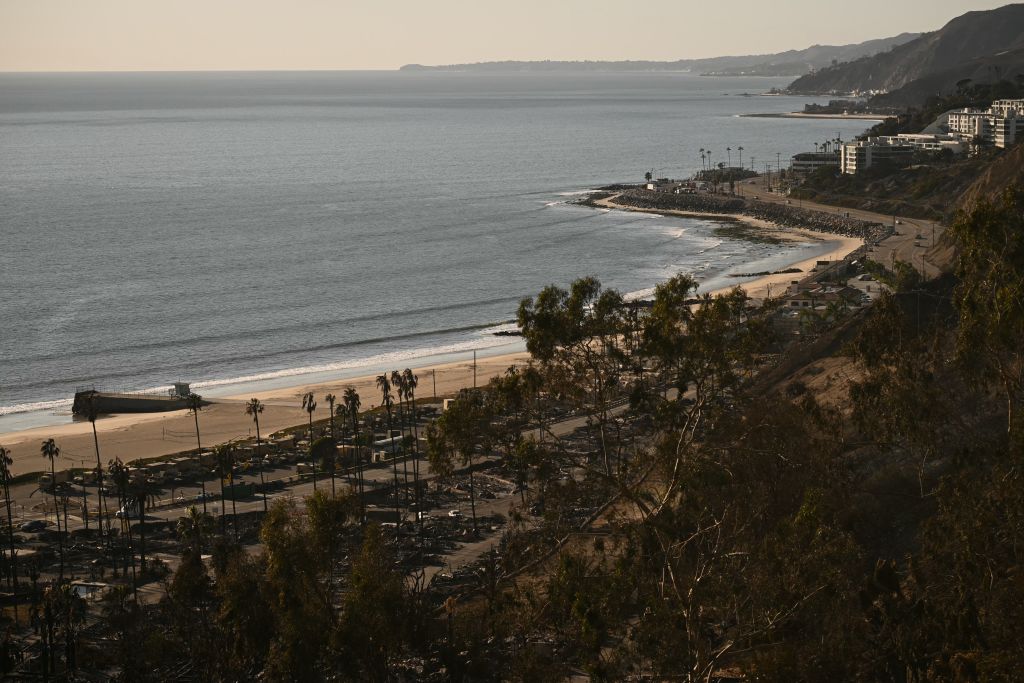









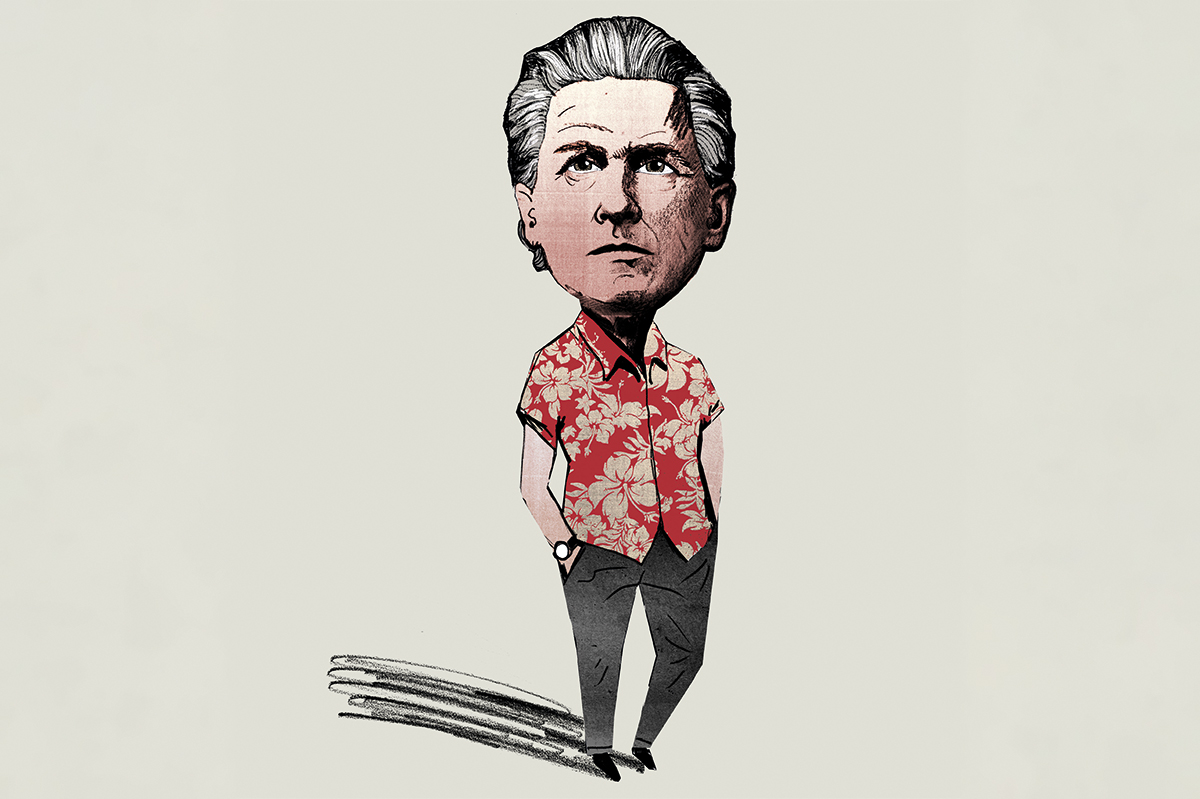

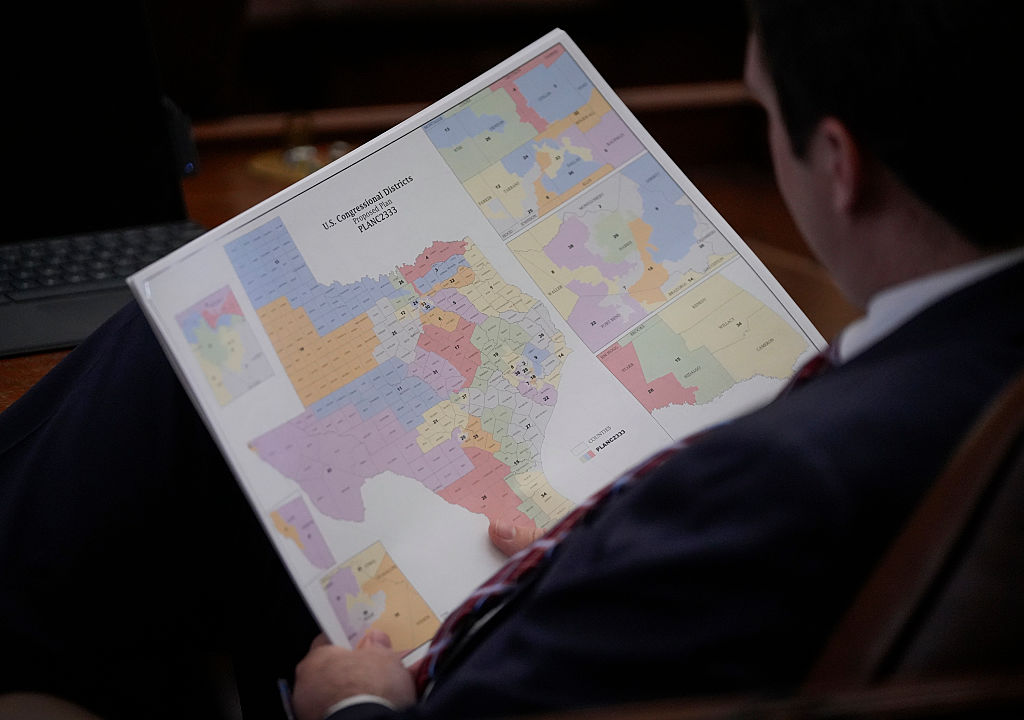

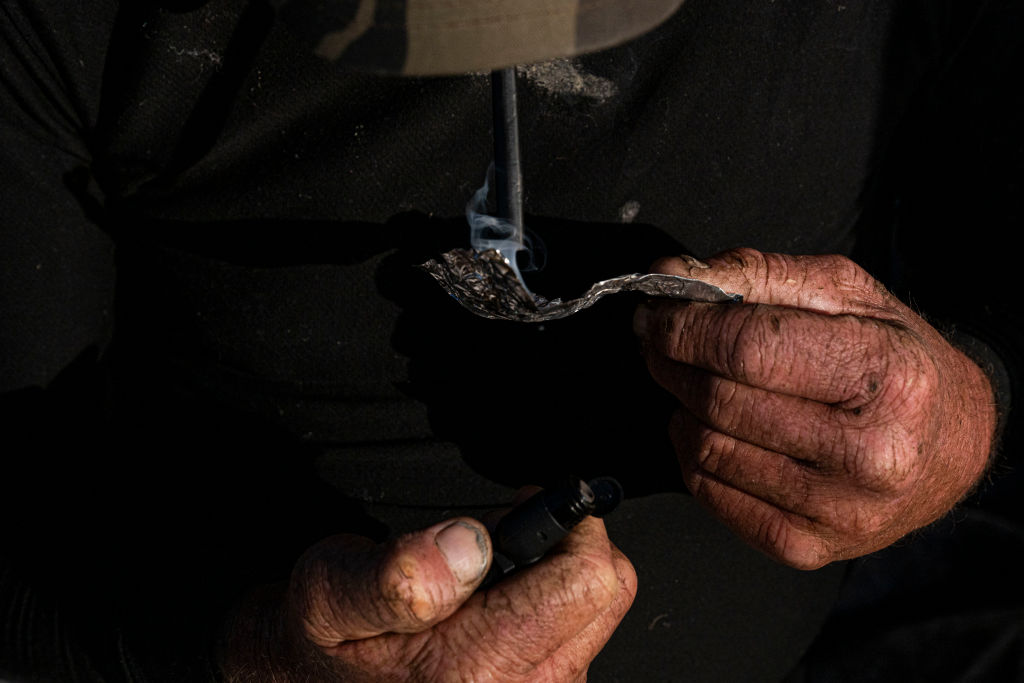
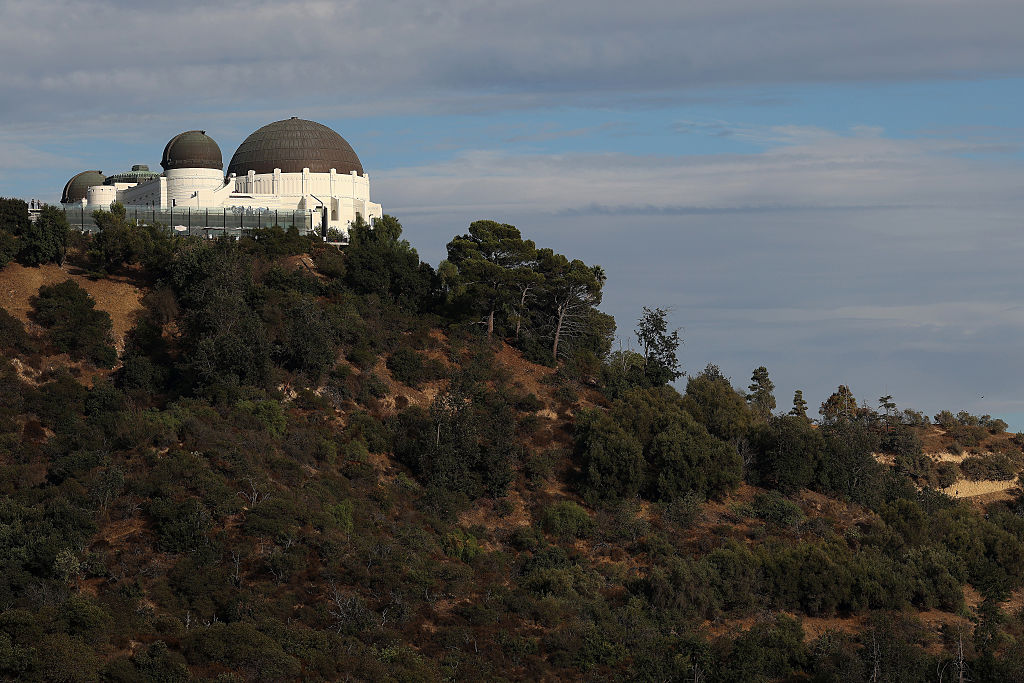







Leave a Reply